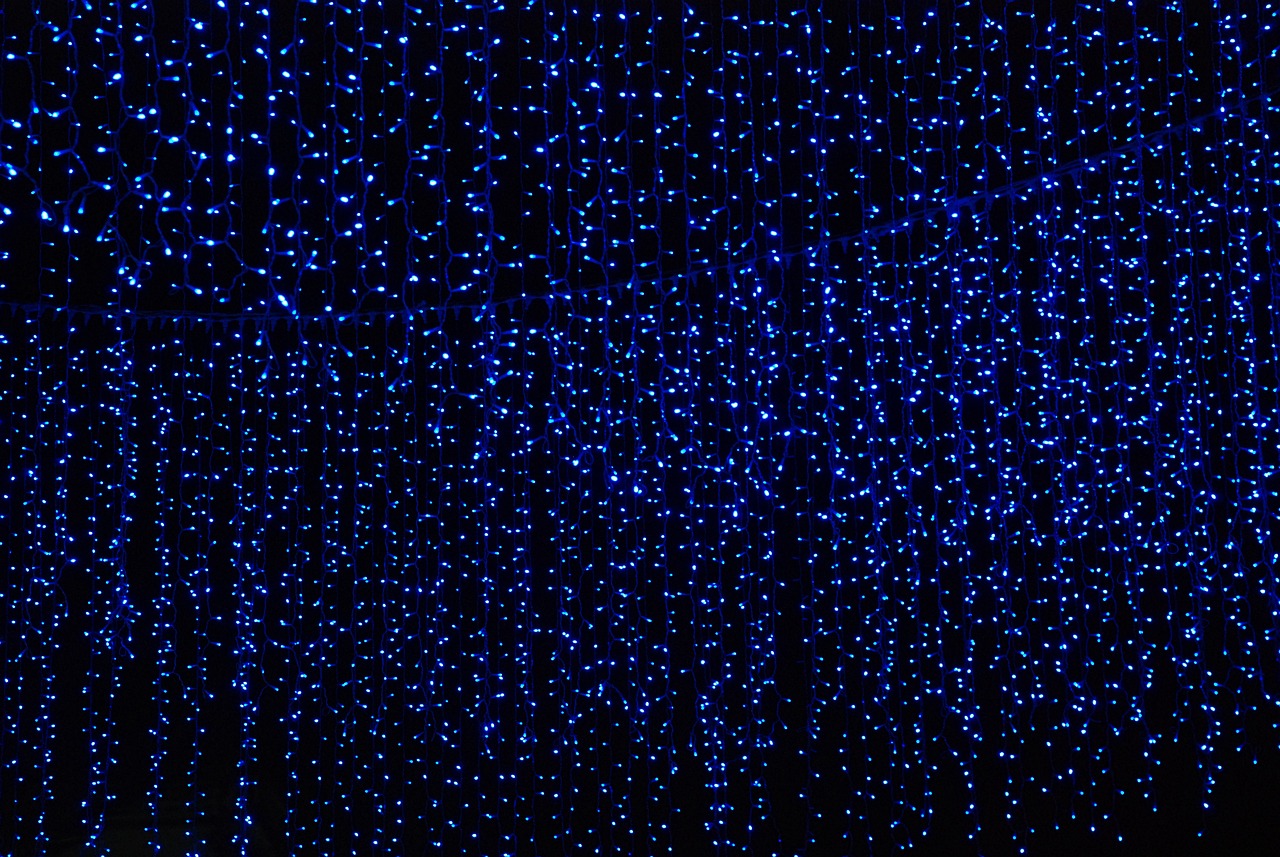Myths and Truths About Blue Light
While controversies about blue light continue, it’s not easy to clearly understand its reality. Today, through this article, we aim to help you obtain more accurate information about blue light.

Does Blue Light Only Come from Digital Devices?
Many people think that blue light only comes from digital devices. However, this is not true. Blue light is a type of light that exists everywhere in our daily lives, referring to the segment of visible light with wavelengths approximately between 380 and 500 nm. It can be found not only on digital screens but also in indoor lighting and sunlight.
When you think about it, almost all the light we encounter daily, such as bright LED indoor lighting, smartphone screens, and computer monitors, includes blue light.
Is All Blue Light Harmful?
The idea that all blue light is harmful is a misconception. The 450-500 nm range of blue light can play beneficial roles in our body, such as affecting hormone production. On the other hand, the 380-450 nm range can have adverse effects, like eye strain and visual discomfort. This range of blue light is closer to violet and has high energy, which can be phototoxic.
For instance, natural blue light plays an important role in regulating our circadian rhythm. However, blue light from computer screens can increase eye fatigue.
Does Prolonged Indoor Living Expose Modern People to More Blue Light?
Modern lifestyles, which often involve prolonged indoor living, expose people to more blue light. Modern individuals spend 90% of their lives indoors, excessively exposed to indoor lighting and digital screens. LED light sources in various indoor lighting and screens expose modern people to longer and more intense blue light.
Today, modern people use various digital devices like PCs, smartphones, and TVs in artificially lit indoor environments for work and leisure activities, leading to exposure to blue light most of the time, except when sleeping.
Can Blue Light Blocking Help Protect Eye Health?
Wearing lenses with blue light blocking functionality can help protect eye health. Studies show that people wearing blue light blocking lenses recover from light-induced stress faster than those who do not. Blocking blue light can generally improve the quality of vision and reduce eye fatigue.
In fact, research supports that people wearing blue light blocking lenses experience less eye strain compared to those who do not.
Conclusion: Proper Understanding of Blue Light is Necessary
Blue light is not simply harmful. Depending on how we use it, it can play beneficial roles. By managing the usage time of digital devices and using blue light blocking lenses when necessary, we can minimize the harmful effects of blue light. We hope you use this correct information to wisely manage your exposure to blue light.
